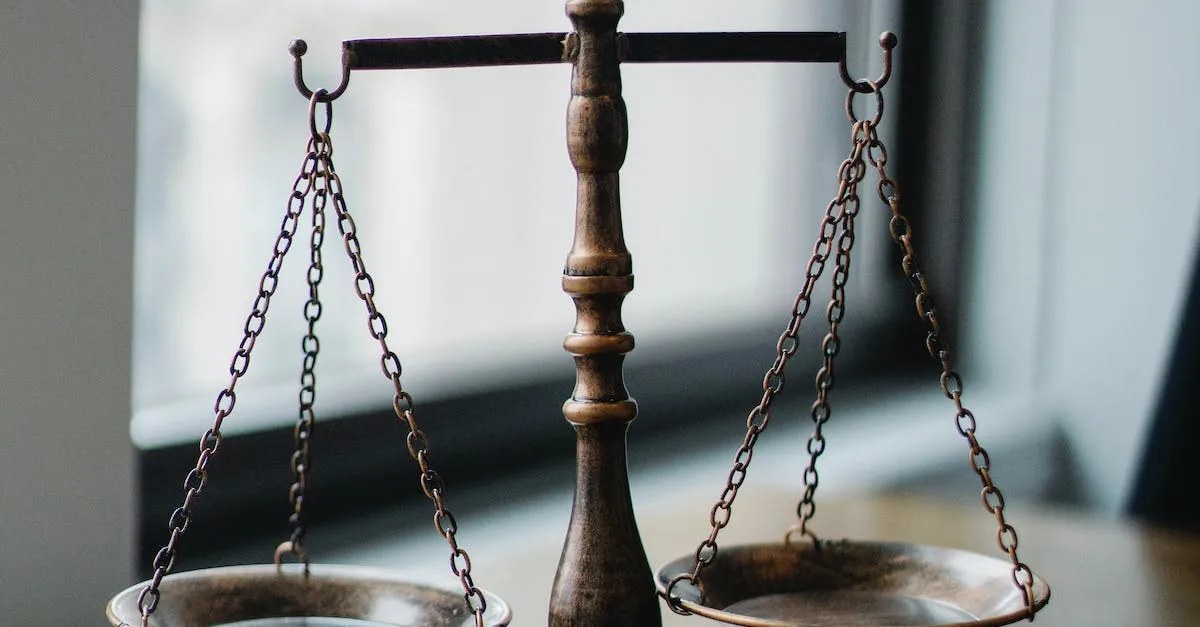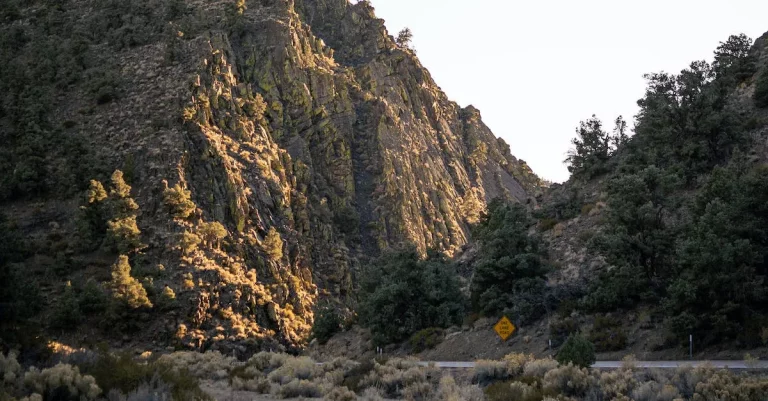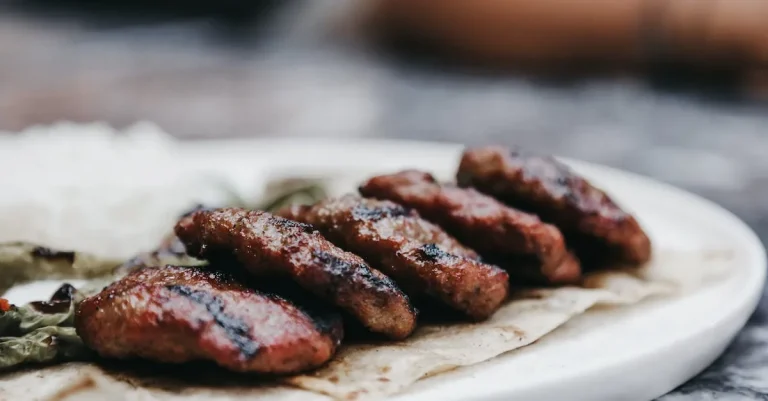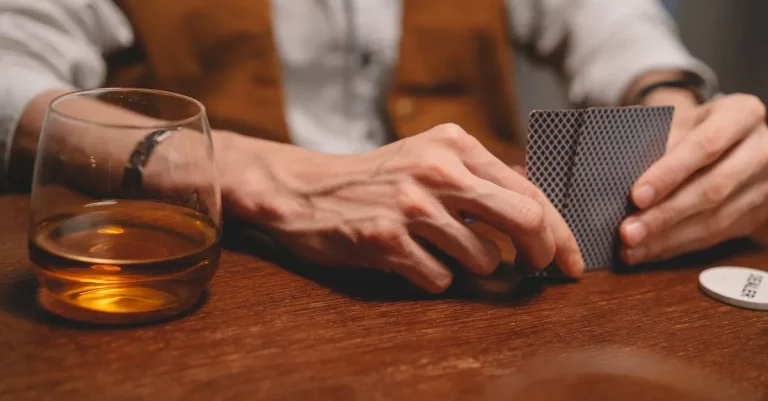Is Peyote Legal In Texas?
Peyote, a small spineless cactus containing the psychoactive alkaloid mescaline, has been used in religious ceremonies by Native Americans for centuries. However, peyote’s hallucinogenic properties have made its legal status a complicated issue, particularly in Texas.
If you’re short on time, here’s a quick answer to your question: Currently, peyote is illegal in Texas for all uses outside of Native American religious ceremonies.
What Is Peyote?
Peyote is a small, spineless cactus scientifically known as Lophophora williamsii. It is native to the southwestern region of the United States and northern Mexico. This unique cactus has a long history of cultural and religious significance among various indigenous tribes in the Americas, particularly the Native American Church.
The peyote cactus contains a powerful psychoactive compound called mescaline, which is known to produce hallucinogenic effects.
Definition and Description of Peyote Cactus
The peyote cactus is a small, button-shaped plant that grows close to the ground. It is characterized by its green or blue-green color, ribbed texture, and the presence of small tufts of white or yellowish hairs.
The cactus has a central crown, also known as the “peyote button,” which is the part of the plant that is typically consumed for its psychoactive effects.
Peyote is a slow-growing cactus that takes several years to reach maturity. It thrives in arid and desert-like conditions, often growing in sandy or rocky soil. The cactus is highly adaptable and can survive extreme temperatures and drought.
It is typically found in areas with a semi-arid climate, such as the Chihuahuan Desert in Texas and Mexico.
Mescaline and Peyote’s Psychoactive Effects
Mescaline is the primary psychoactive compound found in peyote. It belongs to a class of drugs known as hallucinogens or psychedelics. When consumed, mescaline stimulates the serotonin receptors in the brain, leading to altered perceptions, hallucinations, and an expanded state of consciousness.
The effects of mescaline can vary from person to person, but common experiences include visual distortions, enhanced sensory perception, feelings of euphoria, and a deep sense of connection to oneself, others, and the natural world.
The effects of mescaline are often described as dream-like or mystical, with some users reporting profound spiritual experiences.
It is important to note that the use of peyote and mescaline is strictly regulated in many countries, including the United States. While peyote has a long history of religious and cultural use among Native American tribes, its possession and use outside of specific religious contexts are generally illegal.
For more information about the legality of peyote in Texas and other states, it is advisable to consult official government websites or legal counsel familiar with drug laws.
History of Peyote Use in Texas
Peyote, a small cactus known scientifically as Lophophora williamsii, has a long and rich history of use in Texas. It has been utilized primarily for its hallucinogenic properties and its significance in Native American religious and spiritual practices.
Let’s delve into the fascinating history of Peyote use in the Lone Star State.
Traditional Use by Native American Tribes
For thousands of years, various Native American tribes in Texas, such as the Huichol, Comanche, and Lipan Apache, have revered Peyote as a sacred plant. The Native American Church, an intertribal religious movement that originated in the late 19th century, places significant importance on Peyote ceremonies.
These ceremonies involve the consumption of Peyote buttons, which are the dried tops of the cactus, to induce spiritual experiences and communicate with divine entities.
The traditional use of Peyote in Native American communities predates European colonization. Despite efforts to suppress Native American religious practices, the right to use Peyote in religious ceremonies was legally recognized in the United States with the passage of the American Indian Religious Freedom Act in 1978.
This acknowledgment was important in preserving the cultural heritage of Native American tribes in Texas and across the country.
Recreational Use and the War on Drugs
While Peyote has deep roots in Native American spirituality, its recreational use gained popularity in the 1960s and 1970s, particularly during the countercultural movement. The psychedelic effects of Peyote attracted individuals seeking mind-altering experiences and spiritual enlightenment.
However, the recreational use of Peyote clashed with the prevailing anti-drug sentiment of the time.
The Controlled Substances Act of 1970 classified Peyote as a Schedule I substance, alongside drugs like heroin and LSD. This classification made the possession, distribution, and use of Peyote for non-religious purposes illegal.
However, an exemption was made for members of the Native American Church, allowing them to continue their centuries-old religious practices.
It’s important to note that while Peyote remains illegal for recreational use in Texas and most of the United States, there are legal protections in place for Native American religious use. These protections recognize the cultural and spiritual significance of Peyote to Native American tribes and aim to preserve their religious freedom.
Peyote Exemption for Native American Religious Use
Federal Exemptions Under the American Indian Religious Freedom Act
The American Indian Religious Freedom Act (AIRFA) was enacted in 1978 to protect and preserve the traditional religious rights and cultural practices of Native Americans. Under this federal law, Native Americans are allowed to use peyote for religious purposes.
Peyote, a small cactus that contains the hallucinogenic compound mescaline, has long been used in Native American religious ceremonies as a sacrament for spiritual and healing purposes.
The exemption for peyote use is based on the recognition that it plays a vital role in the religious rituals and practices of Native American tribes. However, it is important to note that this exemption only applies to members of federally recognized tribes who are enrolled in or affiliated with a Native American church that incorporates peyote use into its religious ceremonies.
Under the AIRFA, the use and possession of peyote for religious purposes are protected rights for Native Americans, regardless of state laws that may prohibit or regulate its use. This federal exemption ensures that Native Americans can freely practice their religious beliefs without fear of legal repercussions.
For more information on the American Indian Religious Freedom Act, you can visit the official website of the United States Department of Justice: https://www.justice.gov/crt/american-indian-religious-freedom-act.
Texas State Laws Allowing Religious Peyote Use
In addition to the federal exemption provided by the AIRFA, the state of Texas has its own laws that allow for the religious use of peyote by Native Americans. Texas recognizes and respects the religious freedom of Native American tribes and their members to use peyote in their religious ceremonies.
However, it is important to note that these exemptions are specific to the religious use of peyote by Native Americans and do not grant permission for recreational or non-religious use. The possession, sale, and use of peyote for non-religious purposes are still illegal in Texas.
Native Americans who wish to use peyote for religious purposes must meet certain criteria to qualify for the exemption under Texas state law. They must be enrolled members of a federally recognized tribe, be at least 18 years old, and have a valid certificate of membership from a Native American church that uses peyote in its religious ceremonies.
For more information on the specific requirements and procedures for obtaining a religious exemption for peyote use in Texas, individuals can visit the Texas Department of Public Safety’s website: https://www.dps.texas.gov/rsd/controlledsubstances/peyote.htm.
Current Legal Status of Peyote in Texas
Possession and Use Remains Illegal Outside of Native Ceremonies
Peyote, a small cactus native to the southwestern United States, has long been used by Native American tribes for religious and spiritual purposes. However, outside of these specific religious ceremonies, the possession and use of peyote in Texas is illegal.
The state of Texas recognizes the importance of peyote to Native American tribes and has made exceptions to the law to allow for its religious use.
Under the Texas Controlled Substances Act, peyote is classified as a Schedule I controlled substance. This means that it is considered to have a high potential for abuse and no accepted medical use. Possessing, selling, or distributing peyote outside of a religious ceremony is a criminal offense in Texas.
It is important to note that the exemption for religious use only applies to members of federally recognized Native American tribes or churches that have obtained the necessary permits. Non-members or individuals who do not meet the criteria for religious use can face legal consequences if found in possession of peyote.
Penalties for Illegal Peyote Possession or Distribution
The penalties for illegal possession or distribution of peyote in Texas can vary depending on the amount involved and the individual’s criminal history. Generally, possession of less than one gram of peyote is considered a state jail felony, punishable by up to two years in state jail and a fine of up to $10,000.
If the amount of peyote exceeds one gram but is less than four grams, the offense is classified as a third-degree felony. This carries a potential prison sentence of two to ten years and a fine of up to $10,000.
For individuals caught distributing or selling peyote, the penalties can be even more severe. The sale or distribution of less than one gram is a second-degree felony, punishable by two to 20 years in prison and a fine of up to $10,000.
It is crucial to understand and respect the laws surrounding peyote in Texas. Engaging in the illegal possession or distribution of peyote can have serious legal consequences.
For more information on the legal status of peyote in Texas, you can visit the official website of the Texas Department of Public Safety: www.dps.texas.gov.
Conclusion
In summary, peyote remains classified as an illegal drug in the state of Texas, except for use by registered members of the Native American Church for ceremonial purposes. The exemptions for religious peyote use recognize its central role in indigenous culture and identity. However, outside of approved religious contexts, peyote continues to be prohibited and criminalized in Texas due to its potent psychoactive constituents.








